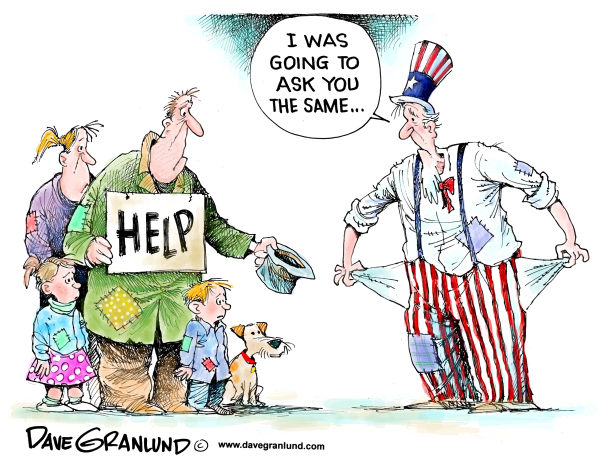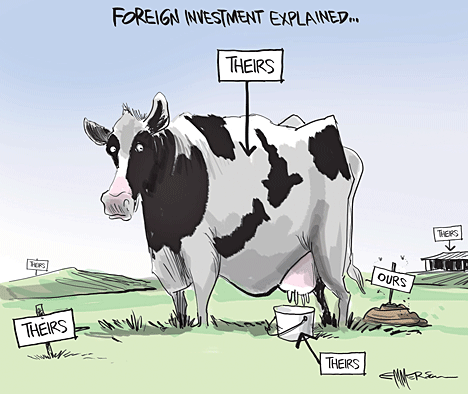
What is the future of jobs? Are we wrong to focus on job creation?
It is thought that Brunei suffers from a shortage of jobs. I suggest that may not be true. Rather, Brunei suffers from a shortage of money.
It began with the Industrial Revolution. Since then, machines have done more work that people once did. Machines chased people off labor-intensive farms to manufacturing and white collar work. Then, machines run by people, chased people off those jobs. Soon, machines run by computers began to take over. But someone had to build and program the computers, so jobs in electronics industries expanded. Now computers have begun to build and program computers.
So from where will the next jobs come? And does it matter?
Most people really don’t want a job; they want money. Yes, some jobs may offer personal satisfaction, and may occupy otherwise dull hours, but for most people seeking jobs, money is the primary goal.
Wait! People do not want money. They want what money will buy. They want more security, better shelter, food, clothing, health care, education. They want admiration. They want envy. They want accomplishment. They want to win.
O.K, money can’t buy everything, but it can buy much of what people want. A jobs is a means to obtain money, which in turn is a means to obtain the things we want. And that Rube Goldbergian “means-to-a-means-to-a-means” connection is being superseded by machines.
Those who have seen the “Star Trek, The Next Generation” TV series or its movies are familiar with the “replicator.” It can synthesize any non-living product, seemingly out of thin air. If such a device existed today, our money and job needs would decline radically. Yes, we might continue to work for satisfaction, for creativity, or to fill otherwise-empty hours – but not so much for money, since there would be little need for money other than perhaps to pay for some services. The replicator could supply our product needs.
Replicators may seem far off, but we are evolving in that direction, where machines supply more and more of our product needs. And as that happens we butt up against what will be increasingly difficult questions: Why must we work to obtain money – and why must people struggle to find jobs to obtain money – especially since money is free?
That’s right. Money is free. Brunei government has the infinite ability to create money out of thin air. In essence, our government is a “money replicator.” At the touch of a button, the government could supply each of us with unlimited money. Want $1 trillion? No problem. Here, take $2 trillion. There is no physical money; it’s all just data, and data is infinite.
Extreme amounts of money creation would reduce the value of money (aka “inflation”), but the point is this: There is no fundamental reason why anyone in Brunei should lack food, clothing, shelter, education, health care simply for lack of a job. There is no job-related reason for poverty in Brunei. Our “money-replicator” government has the power to lift everyone from poverty and supply all their basic needs.
This brings us to an important difference between why people want to work and why the economy wants people to work. While people work to obtain goods and services, the economy wants people to work to create goods and services. If we all owned replicators, and if no one worked, eventually we would have no progress and no services, and the economy would collapse.
There may be a compromise, between where we are today and an economy with no jobs at all. We not sure exactly where that compromise is, and surely it would change over time, but here are a couple of “what-ifs.” What if:
– The government’s “money replicator” gave every man, woman and child enough to pay for food, clothing, home, health care, entertainment and education through college — i.e. ended poverty?
– Those who wanted more than basics could work, but the standard, legal work days were lowered from 8 hours to 6 hours to 4 hours or less, providing more jobs for all who wanted them?
– Government taxes or bills, being unnecessary, were phased out?
Of course, the devil is in the details. What about Inflation? Motivation? Progress? International relations? I believe we eventually will loosen the connection between jobs to money to goods and services. It won’t be “if” but “when,” and it will be an improvement over our current situation of too much joblessness, poverty, illiteracy, homelessness, sickness and struggle.
Time and energy devoted to the creation of jobs may take us down the wrong path. Perhaps we should focus on the creation and distribution of money.

























